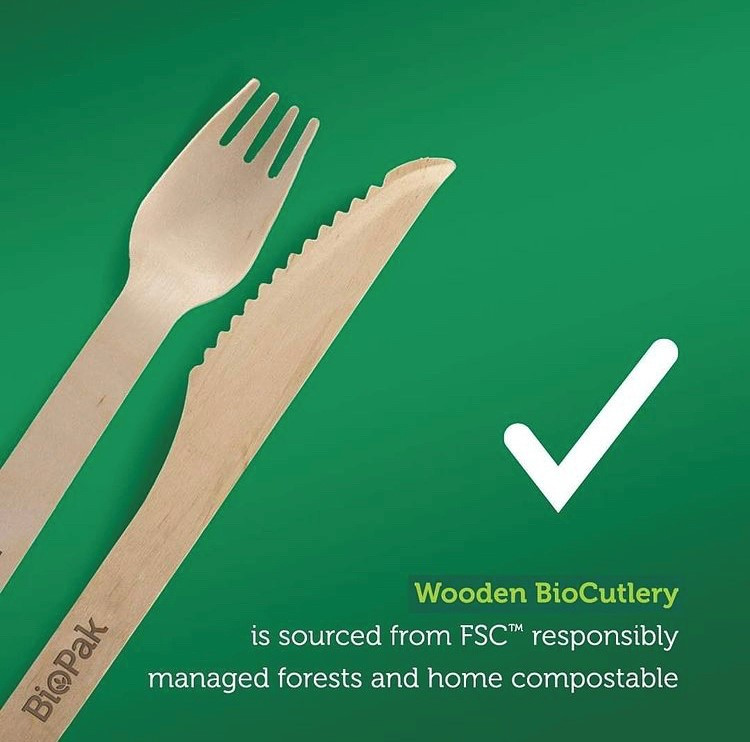
We Love Single-Use Plastic Bans
22nd Sep 2020
We support the single-use plastic bans that are being discussed and enforced around the world. Their goal is to reduce plastic pollution and the unsustainable use of fossil fuel to make packaging. Single-use plastic bans are a great way to speed up the transition towards a circular economy.
The first state in Australia …
The first single-use plastic ban in Australia will happen in South Australia! South Australia is the first state in Australia to pass a single-use plastic ban. In this momentous move, they are tackling plastic waste in the foodservice industry first. The ban will be brought into effect in 2021, on a date to be determined by the government. It covers the below items:
- Plastic drinking straws
- Plastic cutlery
- Plastic beverage stirrers
- Expanded polystyrene cups
- Expanded polystyrene plates
- Expanded polystyrene bowls
- Expanded polystyrene clamshell containers
- All oxo-degradable plastic items (oxo-biodegradation is when fossil fuel-based plastic has an additive that allows it to break down in landfill – however, usually these items merely break into microplastics and leach chemicals into the environment)
We offer readily available, more sustainable options for all these items. Our BioPak products are Australian certified compostable, carbon neutral, and made from sustainably sourced and rapidly renewable materials.
Is bioplastic included in the ban?
Instead of bioplastic cutlery and straws, BioPak can distribute birchwood items, in line with the single-use plastic ban. The banned products include alternatives made from PLA, a plant-derived industry compostable bioplastic for cutlery and straws only. This means that in South Australia, our BioPak PLA cutlery will not be an option once the ban commences. But not to worry! We have a full range of FSC-certified birchwood cutlery. FSC certification ensures that the wood has been harvested sustainably to benefit communities, wildlife, and the environment.

Will BioPak continue to supply bioplastic cutlery in other states?
Bioplastic cutlery and straws have a role to play elsewhere. While we love single-use plastic bans for non-compostable plastics, we believe that some compostable bioplastic products have a role to play and for the time being, we will continue to supply bioplastic cutlery in other states. When composted responsibly, bioplastic can contribute to healthy soils and a circular economy.
What's the role of bioplastic in a sustainable packaging future?
Bioplastic packaging is undeniably useful in diverting organic waste from landfill. Using compostable bioplastic packaging in the foodservice and hospitality industry undeniably helps increase the collection and composting of organic waste. Single-use foodservice products including cups, cutlery, and takeaway containers are often contaminated with food residues, making conventional recycling difficult. Compostable packaging allows food waste and packaging to be composted together. Bioplastic does not solve the problem of littering. However, consumer education campaigns coupled with effective collection and composting infrastructure mean that these materials are less likely to end up in the environment. Working with the compost industry, BioPak has diverted tonnes of food waste and compostable packaging from landfill, including bioplastic cutlery. In Australia and New Zealand, more than 20 compost facilities accept bioplastic packaging that is certified compostable, and BioPak is always working to bring more composters on board. Bioplastics are an essential part of the circular economy and a fast-growing, innovative industry that has the potential to help us decouple economic growth from resource depletion and environmental harm.
Information taken from BioPak's website. Read about the council that is leading organics recycling, and learn some truths about bioplastic, on our blog.
Planet Friendly Packaging acknowledges the traditional custodians of the land on which we work. Our thoughts go out to everyone affected by COVID-19. Stay safe.

